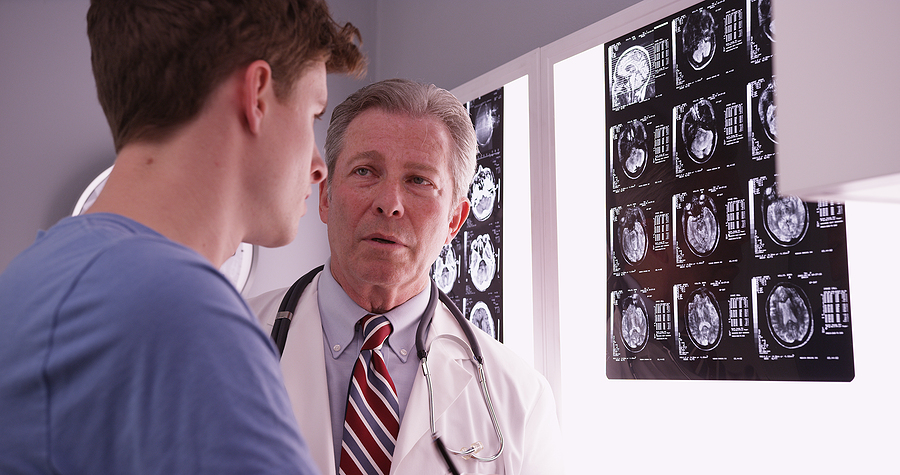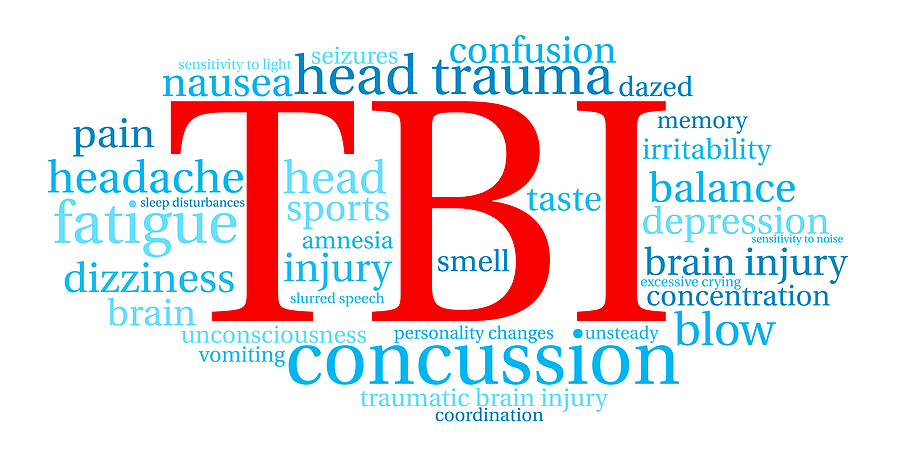Head injuries can be life-changing events, both for the person who has sustained the injury and their loved ones. If you or someone you care about is going through recovery from a head injury, it’s important to know that there are resources available to help cope with this difficult situation. From understanding your legal rights to connecting with support groups and getting access to specialized medical care, these 10 tips will provide guidance on how best to navigate the road of recovery after a head or brain injury.
Each tip provides ideas on how to manage physical symptoms as well as psychological issues that may arise following a head injury. A head injury lawyer can also help protect your rights if negligence was involved in causing your injury. Continue below to learn these tips and more.

Not All Head Injury Recovery Paths are Alike
Recovering from head or brain injuries can be an unpredictable and draining experience for victims, as no two journeys are alike. While the phases of head injury recovery generally include acute, sub-acute, and long-term recovery periods, the exact chronology for an individual may not perfectly align with those steps. The path to healing after head trauma is often littered with unique challenges, from setbacks large and small, to periods of stasis that demand patience and perseverance. It is ultimately important to recognize that head injury recovery demands flexibility and compassion for victims – no two roads to recovery are the same.
10 Tips for Head Injury Victims in Recovery
1. Connect with a head injury attorney: Knowing what legal options are available to you after a brain injury can help provide important financial security and emotional peace of mind during recovery. A qualified lawyer experienced in head and brain injuries can discuss the details of an accident, determine liability, and fight for full and fair compensation.
2. Practice mindfulness: Mindfulness is an effective way to reduce stress, regulate emotions and improve focus. When managing a brain or head injury, it is important to practice mindfulness regularly and create a space that encourages relaxation and self-care.
3. Create a support system: Surround yourself with positive people who understand your situation and provide understanding, kindness, patience, and encouragement as you move through your recovery journey.
4. Reach out to TBI support groups: Traumatic brain injury support groups can be an invaluable resource for people struggling with the aftermath of a Minor Traumatic Brain Injury (MTBI) or Traumatic Brain Injury (TBI). Connecting with others who are in similar situations can help provide emotional support and understanding and reduce feelings of isolation.
5. Get specialized medical care: Depending on the severity and type of head injury, specialized medical care may be necessary. Medical professionals who work with individuals recovering from head or brain injuries often have specific techniques that they use to promote healing and improve quality of life.
6. Eat healthy foods: Eating a balanced diet is essential for helping you recover physically after a head injury. It also aids in proper brain function. Focus on incorporating whole grains, lean proteins and plenty of fruits and vegetables into your diet.
7. Get plenty of sleep: Restful, restorative sleep is important for helping the body heal after a head or brain injury. Try to get at least seven to eight hours of uninterrupted sleep each night in a dark, quiet environment if possible.
8. Exercise regularly: Exercise can help reduce stress, improve physical health, and promote faster healing from head or brain injuries. Start small with light stretches or a short walk and gradually increase the intensity as you regain strength.
9. Stay organized: Serious head injuries can cause confusion and disorientation that make it difficult to focus on daily activities or manage basic tasks like keeping track of appointments or organizing paperwork. Staying organized can help to reduce stress and minimize distractions.
10. Avoid overstimulation: Too much sensory input, like loud noises or bright lights, can be difficult to cope with when recovering from a head or brain injury. Try to limit exposure to noisy environments or bright lights whenever possible.
Reach Out for Help With Your Head Injury Recovery Journey
Recovering after a head injury can be a long and arduous process that requires immense amounts of patience and support. But by taking the necessary steps to access help from legal professionals, medical experts, brain injury support groups, as well as making sure you prioritize your physical and mental health needs, it is possible for head injury victims to make progress on the path to recovery. With proper guidance and care, hope is available for both individuals impacted by head injuries and their families.
Get Started on Your Financial Recovery – Talk to a Head Injury Attorney Today
If you or a loved one have suffered from a head or brain injury due to the negligence of another, it’s important to speak to an experienced head injury lawyer in Indianapolis as soon as possible. They can help you understand your legal rights and options for compensation. Reach out today to get the answers and peace of mind that you need during this difficult time.
Look no further for a free case evaluation with an esteemed personal injury law firm in Indiana. Contact Craven, Hoover, and Blazek P.C. at 317-881-2700 to meet or speak with a skilled head injury lawyer in Indianapolis, Indiana. We represent clients throughout the state, as well as Indiana residents injured in other states and those injured while visiting Indiana.
Related Posts:
FAQS About Concussion Injury Claims
Common Damages Awarded for Traumatic Brain Injury Accidents
How to Obtain Justice After a Loved One Suffers a Wrongful Brain Injury


